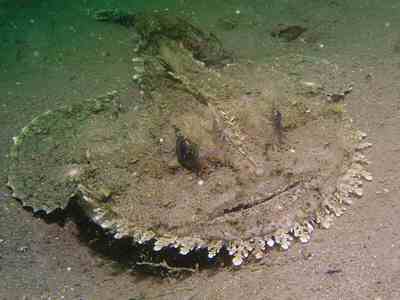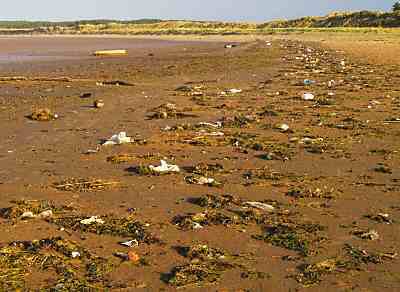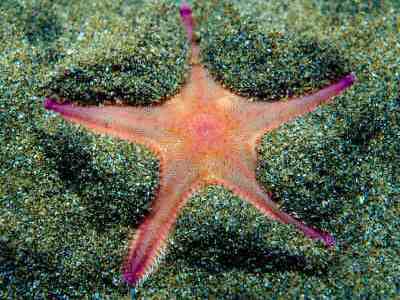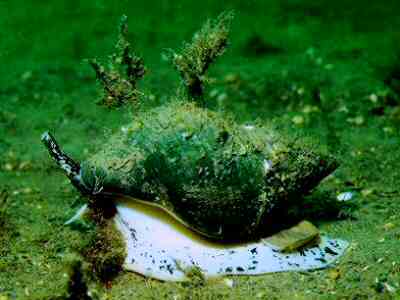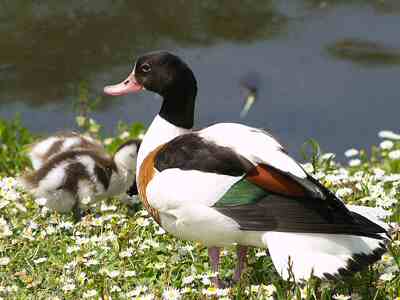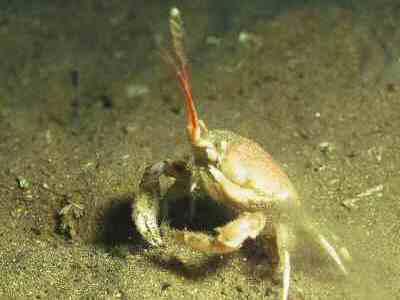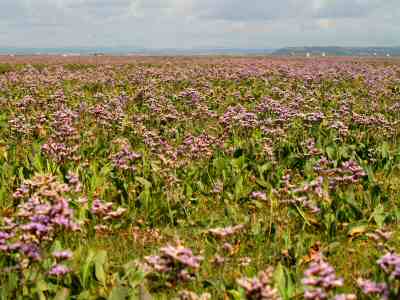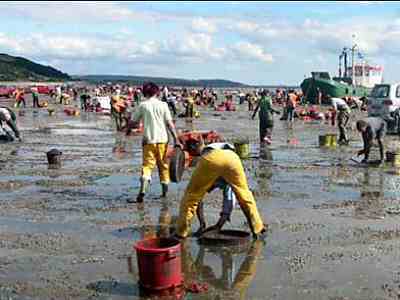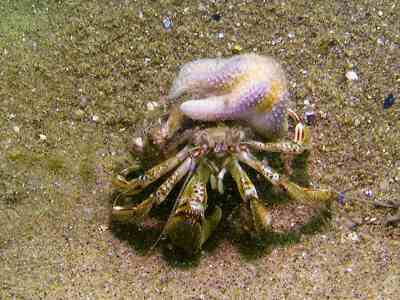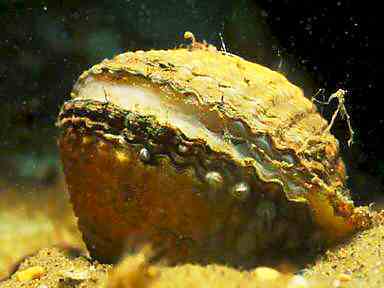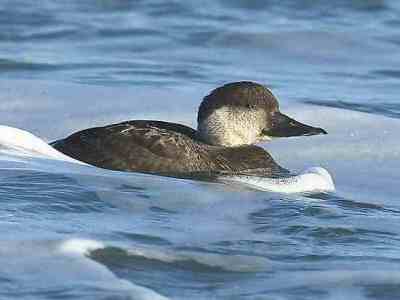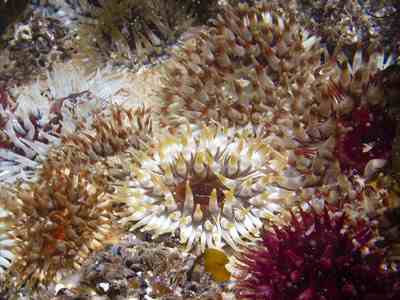Author Archive
Hidden value of nature revealed
Many people may believe that caring for the environment means extra financial burdens, but the UK NEA shows that there are real economic reasons for looking after nature. It also shows that the benefits we get to our health, well being and from the enjoyment of nature have not always been fully appreciated or valued.
The assessment provides economic values for a range of services that the ecosystem gives us for free to help us fully understand the value of the natural environment and how the benefits to individuals and society as a whole can be better protected and preserved for future generations.
The UK NEA shows that the tendency to focus only on the market value of resources we can use and sell, such as timber, crops and fisheries, has led to the decline of some ecosystems and habitats through pollution, over-exploitation, and land conversion.
New European biodiversity strategy
The six targets cover:
- Full implementation of EU nature legislation to protect biodiversity
- Better protection for ecosystems, and more use of green infrastructure
- More sustainable agriculture and forestry
- Better management of fish stocks
- Tighter controls on invasive alien species
- A bigger EU contribution to averting global biodiversity loss
Target 1, fully implement the Birds and Habitats Directives, is particularly relevant to European Marine Sites. The targer is “To halt the deterioration in the status of all species and habitats covered by EU nature legislation and achieve a significant and measurable improvement in their status so that, by 2020, compared to current assessments: (i) 100% more habitat assessments and 50% more species assessments under the Habitats Directive show an improved conservation status; and (ii) 50% more species assessments under the Birds Directive show a secure or improved status.”
More detail here
Site selection guidance for Highly Protected Marine Conservation Zones published
The guidance and government response to consulation on the guidance are available here.
